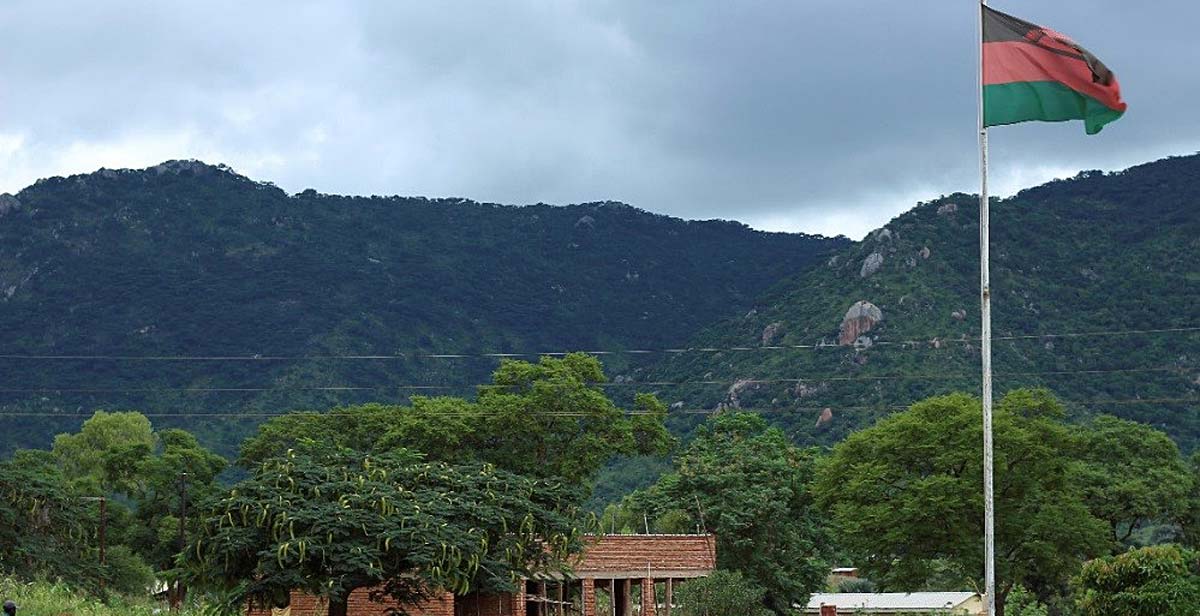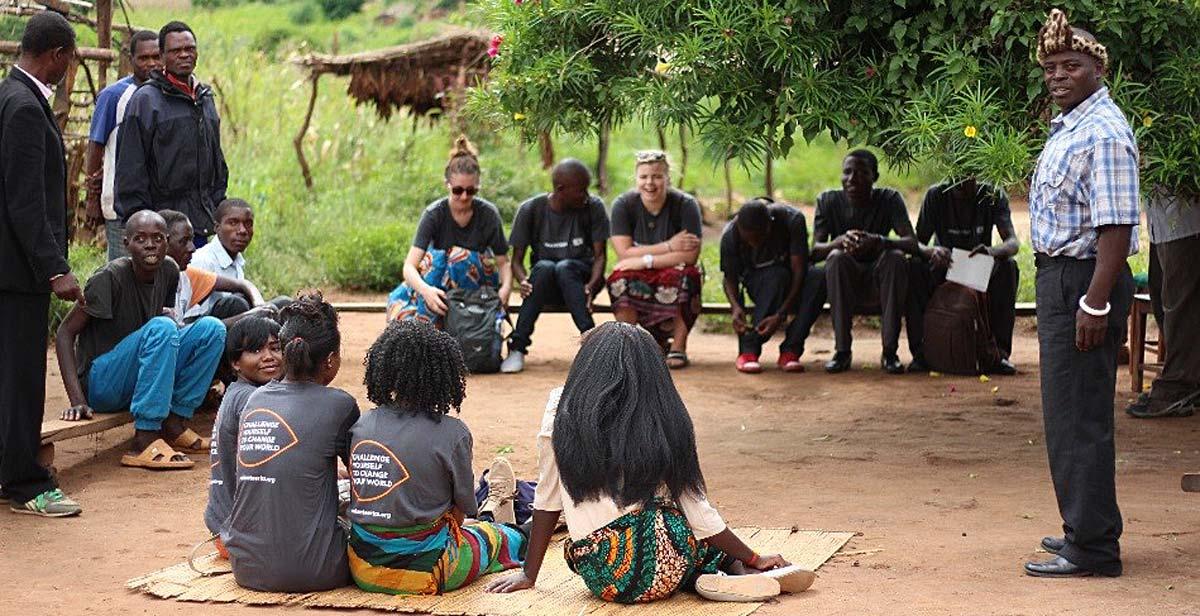Tapiwa’s thoughts
A national volunteer’s initial thoughts of the UK volunteers
After being chosen I and my fellow volunteers had some fears and expectations. One of our fears was what our fellow UK volunteers would be like, and if they would get to like us or not. We wondered how we would interact as it would be the first time we were meeting each other.
When we arrived in Lilongwe we were surprised to see our fellow UK volunteers being so nice and friendly, as if we already knew each other. We were so happy and found it so special that we are all the same as one another.
As the time has passed we have formed very good relationships and have bonded as a team. We have started sharing our knowledge of the work we will be doing in the field and wondering what it will be like.
Our journey from Lilongwe to Rumphi
Firstly, we were orientated on our field and the challenges we might face and how courageous we are expected to be. In Lilongwe, all the teams were friendly and we all acted as one. We shared ideas on what our fieldwork would be like. We were all cooperative, eager and willing to work no matter what challenges we might face.
Arrival in Rumphi
We started our first day in Rumphi being orientated on how we will start to work in the field. The second day we went to visit some sites where our field activities will be held. Some of the sites were Mayocha Village, Wankhama in Vongo, Byokoto forest in Byokoto village and Kavizombo village. We met the Chiefs and some of the village volunteers who will help on the site project. We found out about all of the projects and the activities that happen there. The activities include fish farming, bee keeping and irrigation. We also visited the Women’s Development Centre, which was built by SPRODETA (Small Producers, Development and Transporters Association), our local partner organisation.
First working week in Rumphi
We travelled to Mayotcha village where we were sharing information about sanitation and hygiene. The community members gave their views on how they can manage hygiene and sanitation, and how they can prevent the spread of diseases, like cholera, by boiling the water they get from the river. Another point addressed was the use of toilets and how many are not in good condition.

Emily’s thoughts
It’s now two weeks since touching down at Lilongwe airport. Two weeks of new sights, smells, people and landscapes. The first few days in Lilongwe involved an orientation into Malawian culture and language, whilst getting to know our fellow Malawian volunteers. We learnt some great facts such as that the height a woman wears her Chitenje (the piece of fabric worn by women to cover their lower half) shows whether a woman is pregnant, and that during the pregnancy it is worn higher and higher showing the pregnancy’s progression. We also experienced Lilongwe itself, squeezing into rickety minibuses with knees pressed to our chests and our sweaty arms all over one another. In the centre of town, we passed people washing in the river, hawkers selling goods and football fans dancing, chanting and waving huge leafy branches! Although sad to leave behind our new friends we made during the orientation, it was with great excitement that we started the eight-hour journey to our placement last week.
After the long drive of winding red dusty roads, grassy plains, forests and Malawian music, we arrived into Rumphi at dusk, greeted with lush greenery, maize fields, and mountains upon mountains, setting off a vivid pink sunset streaked with mauve clouds. The national volunteers headed to their homes whilst us UK volunteers waited for our families to come and collect us. All of us have felt so welcomed by our host homes and continue to appreciate the welcoming nature of the Malawian people.
The rest of the week involved getting to know Rumphi and adapting to the slow pace of life (Malawi time) compared to in the UK. We met the police and the agricultural officials as well as the whole SPRODETA team who gave us more information about the projects we will be working on. We also visited each other’s homes and enjoyed freshly baked doughnuts at Mama Ruth’s, whilst the rain pounded on the roof and formed rivers of mud in the driveway. In the town centre we peered into phone charging shops, bought peanuts from groaning wicker baskets, watched Chris have his beard trimmed in one of the many barbers, enjoyed coca-colas in Chefs Pride, tasted ‘Top Class’ chips and bought the Chitenjes that we will wear in rural areas. We also drove to visit the communities we will be working with, experiencing massive pot holes, uneven bridges and clouds of butterflies above the tobacco fields, the main cash crop in Malawi. We met the chiefs and villagers in each place, praying and shaking hands at the beginning and end of each meeting. Receiving such friendly welcomes with such expressions of gratitude for our help was really touching.
After a day in the office on Monday we have now started to get out into the community and to begin the projects that SPRODETA have set us (this week sharing information about sanitation and hygiene as mentioned above), with us all looking forward to getting busier and busier as the weeks progress.
Written by ICS volunteer Emily Stapleton-Jefferis



